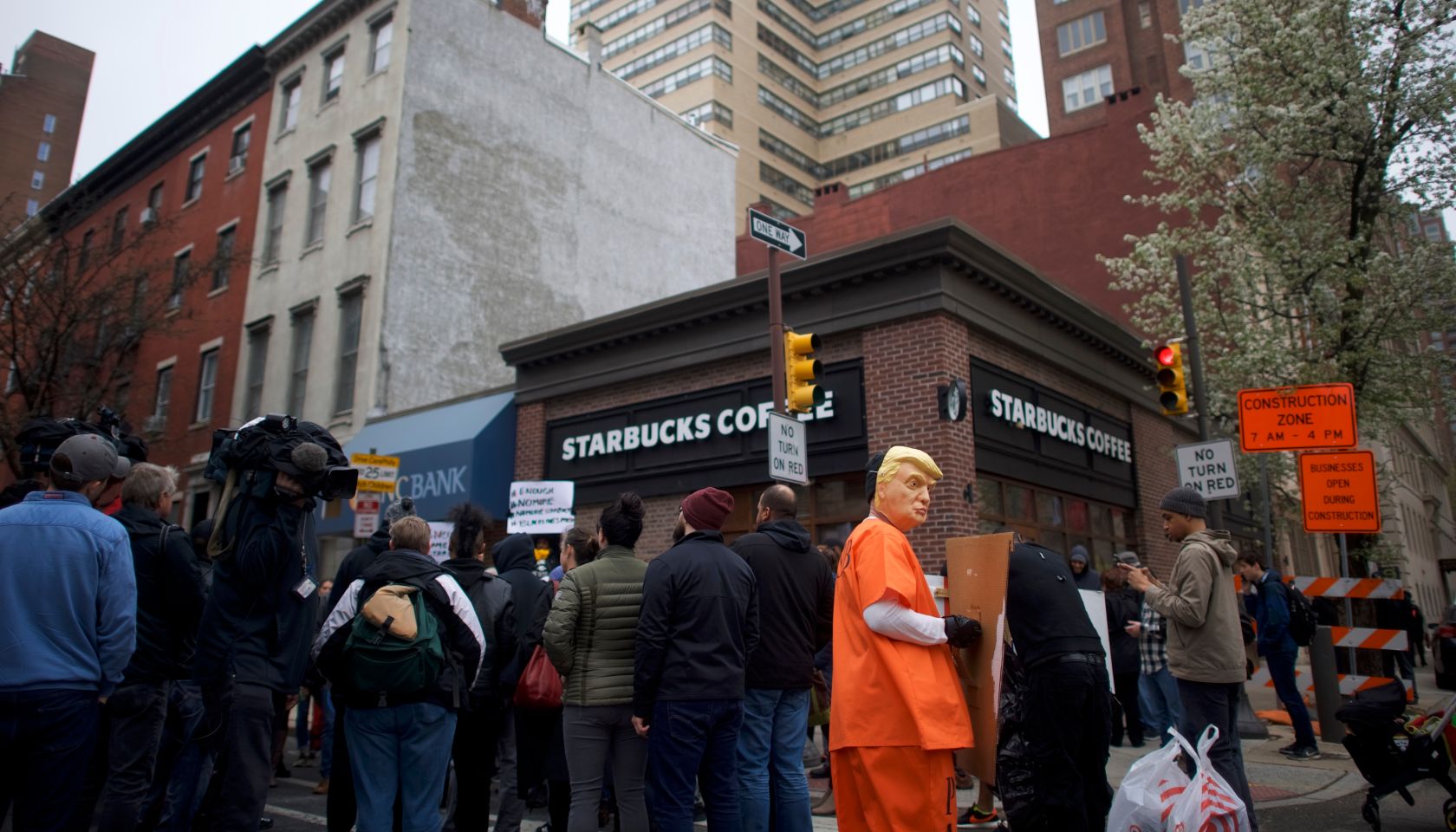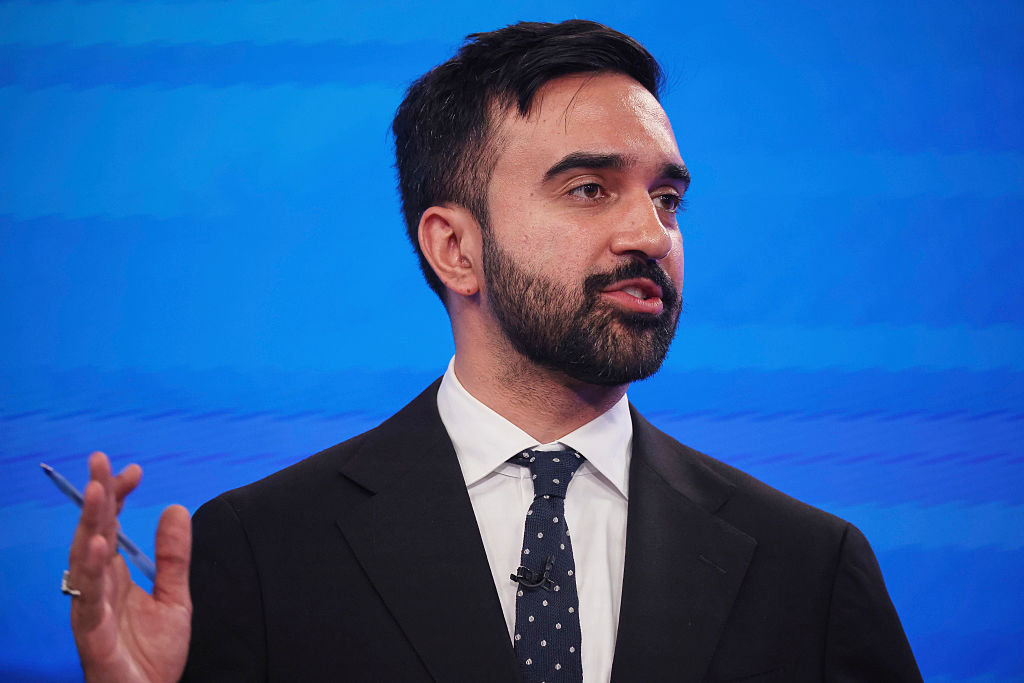What Sprint And T-Mobile's Merger Means To Black America
What The $26.5 Billion Sprint And T-Mobile Merger Deal Means For Black America
T-Mobile and Sprint called a truce with their $26.5 Billion merger deal Sunday, USA Today reported. The deal still awaits regulatory approval, but if it goes through, the carriers would combine into the third-largest U.S. wireless network, only behind Verizon and AT&T. But what does this big merger mean for Black folks?
To consider how this deal that basically absorbs Sprint into T-Mobile will impact African Americans, it’s first worth noting that Sprint has struggled financially and with Black customers. Only 11.70 percent of Black people nationwide had access to Sprint’s high-speed broadband network, compared to an overwhelming 68.86 percent of Whites, according to a 2014 Federal Communications Commission report.
With the low number of Black subscribers, Sprint CEO Marcelo Claure seemingly tried to appeal to potential African-American customers in July 2015. Claure publicly said that he wanted one-third of the carrier’s employees to be Hispanic or African American.
If Sprint had a better chance of getting some sway with Black customers as a result of Claure’s diversity push, the company then lost its way with a racist T-Mobile attack ad in April 2016. Its commercial featured a White woman referring to T-Mobile as “ghetto,” a move that pretty much put them on the “IDFWU” list.
Perhaps this new deal may have been the equivalent of raising a White flag with T-Mobile, but it may not be the same when it comes to Black customers. Some folks may possibly not ever want to go over to Sprint’s side, despite this merger.
https://twitter.com/FancyFour/status/990629564068937728
For those who are on Sprint’s side or plan to make the switch, the deal would affect them in some critical ways.
First, the merger could decrease costs for customers. However, in some instances, costs may increase a bit.
If the merger is approved, the new company would provide services for more than 90 million retail wireless phone customers in the U.S.—about one-third of the market, said research firm Recon Analytics. Customers, including African-Americans, could see price increases when it comes to cell-phone plans. For example, Sprint customers with a monthly unlimited plan starting out at $60 could have to shell out extra bucks to access T-Mobile’s unlimited plan, which starts $10 bucks higher at $70.
The companies have yet to specify what service plans will be offered under the merger. However, the carriers plan to offer lower-costing plans than competitors AT&T and Verizon.
Second, the deal could mean improved service, USA Today reported. The companies have plans to increase speed, coverage and network performance with the deal.
Third, folks may get a good AF deal on streaming services. T-Mobile users get a free Netflix subscription now, and Sprint customers get Tidal and Hulu. The deal could mean that people get more services and new partnerships for T-Mobile and Sprint.
The bottom line may come down to what the companies will do to acquire and retain African-American customers. T-Mobile has a history of getting political and has its own controversies as well. With the merger, Black customers will see where the chips fall and will have to choose whether to use T-mobile and Sprint or neither.
SEE ALSO:
Black Police Officer Shot And Killed In His Home
White House Spokeswoman Called ‘Uncle Tom’ At Correspondents’ Dinner
















